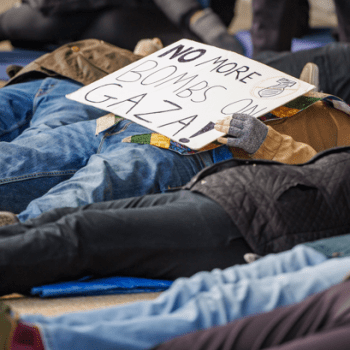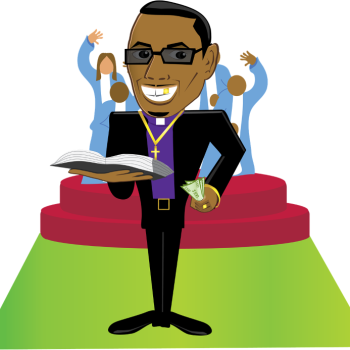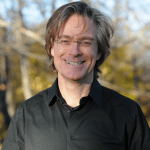It was Friday night and we were off on an adventure. We drove up 101, made a left-hand turn and wound our way down a country road. Four miles later we made another left turn and travelled along looking for the next turnoff onto a dirt road. It came two miles later. We made the turn and sure enough there was the first cow grating. We bumped and lurched our way down the hill, went left at the fork, over another cow grading, then we followed the road around a filed until we got to that big old white barn. There we met 150 other people, all of us there to sing chants. We had come to a Friday evening “ChantWave,” the brain child of Michael Stillwater. He and others have been doing this for a while. When asked, only about 15 percent said they were “first-timers.” It was simple music – piano, guitar, a variety of rhythm instruments, and then the voices – the voices; all 150 of us singing for two hours, losing ourselves in the music. Some danced, some closed their eyes, but all of us sang. What a treat.
The chants were simple of course. Some of them were rockin’, some were quiet. Michael comes out of a Christian tradition, but the chants could feed anyone’s soul. And as the evening moved on, you sensed a connection one to another, with everyone in the room. Not a connection that would remain, but palpable and encouraging in a world that divides us every single day. The end of the night had us singing the simplest chant of all – Alleluia, and it finished on a holy, quiet chord – maybe eight part harmony. Spirit vibrated in the silence. I have a friend who says you can tell the quality of an experience from its aftertaste. The aftertaste was sweet and permeated with a profound healing energy.
A few days later I read a book called The Faith Instinct, How Religion Evolved and Why It Endures, by Nicholas Wade, a columnist for the New York Times. The thesis of the book is that we are genetically programmed for religious experience. In particular we are programmed for dance and for song, because it was dance and song that developed an intense cohesion between members of hunter-gatherer tribes so many years ago. That connection inspired individuals to sacrifice their own lives for the sake of the group and so groups that engaged in religious song and dance had a greater chance of survival.
Since that time there has been a tension between the impulse to experience the presence of Spirit and the desire of society’s leaders to manage the masses. Ecstatic, egalitarian experiences it seems, are a bit threatening for those in charge. Sitting there in that barn in the middle of nowhere I couldn’t help but feel that it is time for the pendulum to swing the other direction. It’s been a long time since I’ve felt that alive.













